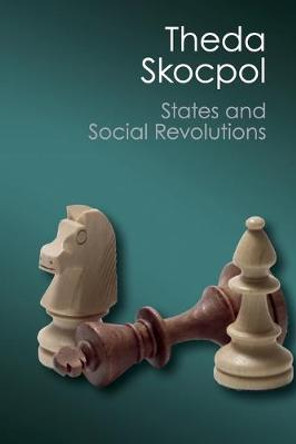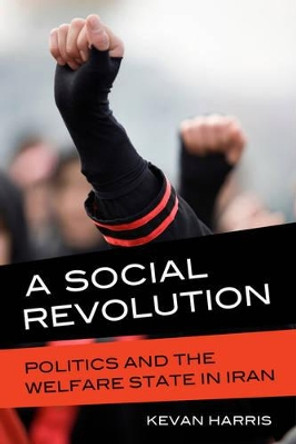Description
An analysis of the causes and processes of revolution, drawing on the stories of Iran, Nicaragua, and the Philippines.
Reviews
'In this ambitious book, sociologist [Misagh] Parsa of Dartmouth College compares and contrasts the revolutions in Iran, Nicaragua, and the Philippines in a framework that draws on structural, resource mobilization, and political process theories. Highly recommended for scholars and upper-division undergraduate and graduate students in the fields of comparative social movements.' N. Entessar, Choice
'Parsa offers a fine combination of careful, nuanced empirical case studies and theoretical propositions regarding key factors omitted from structural theories of revolution. Along with other recent work influenced by the 'new institutionalism', this volume points the way toward a new and richer synthesis of structure and agency in our understanding of revolutions and revolutionary processes.' Jack A. Goldstone, American Political Science Review
'Make room on your bookshelf next to Skocpol, Tilly, and Goldstone. Mirasha Parsa's new book is a major contribution to the comparative and historical study of revolutions. Along with works of Paige and Wickham-Crowley, this book ranks among the very best analyses of revolutions in developing or Third World societies.' Jeff Goodwin, American Journal of Sociology
'A well-researched work of general interest.' U.S.I. Journal
Book Information
ISBN 9780521773379
Author Misagh Parsa
Format Hardback
Page Count 338
Imprint Cambridge University Press
Publisher Cambridge University Press
Weight(grams) 670g
Dimensions(mm) 229mm * 152mm * 22mm









